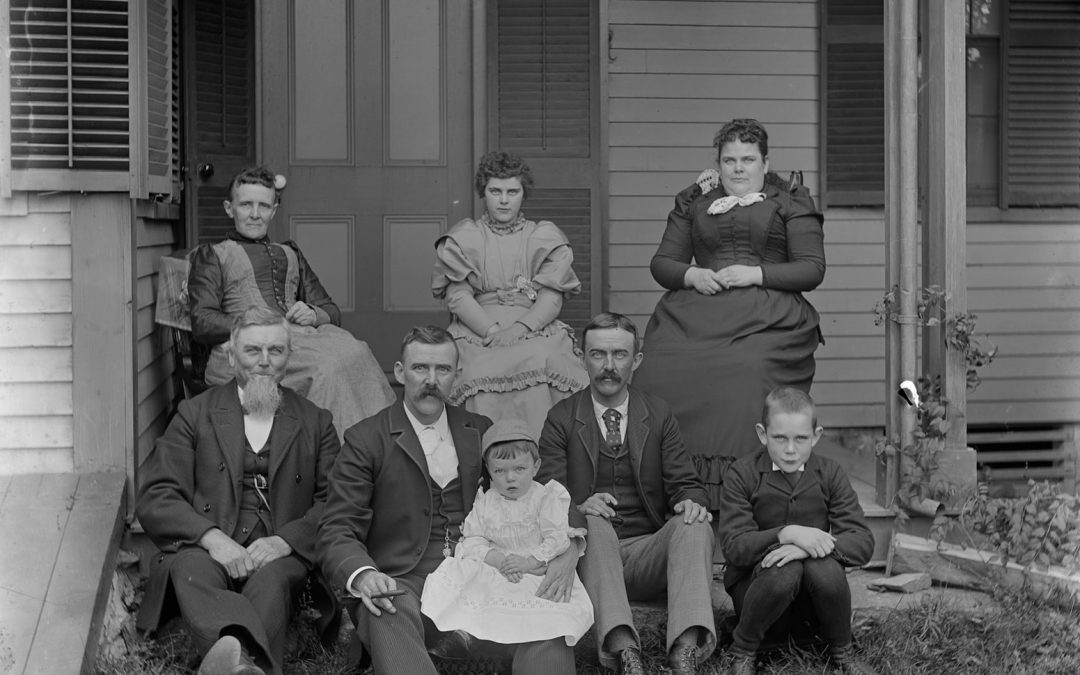A few years ago, I wrote an essay titled My Big Happy Illusion, which was published in Under the Sun Creative Nonfiction in May of 2018. It described the anguish Ed and I went through during a time of estrangement from our adult children. Thankfully, over time, we were able to gradually reconcile with all four of them. We all learned a lot from those dark years.
I recently had the privilege of speaking with Dr. Joshua Coleman, renowned psychologist specializing in family dynamics and estrangement. The virtual event, hosted by Book Passage bookstore, was titled The Roots of the Tree: Family Dynamics, Forgiveness and Reconciliation. In this hour-long conversation, we explored the complicated dynamics within families, the multiple causes of family dysfunction and estrangement, and paths to forgiveness and reconciliation.
We both talked about our personal experiences of family estrangement, and Josh shared valuable professional insights based on expertise gained from many years of working with estranged families.
To give you just a taste of Josh’s compassionate wisdom, here’s a brief excerpt from his newest book, Rules of Estrangement: Why Adult Children Cut Ties & How to Heal the Conflict.
“After working with so many estranged parents over the past decade, here’s what I’ve learned. To start: There’s nothing I can do or say that will take away your pain. You’re going to see a grandmother push her granddaughter down the street with her daughter smiling by her side and feel pain. You’re going to listen to your friend or relative tell you about the fantastic trip they all went on with their three adult children and their grandchildren and feel pain. You’re going to wake up from a dream where your son blissfully reconciled with you, remember you’re heading into year seven of no contact, and feel pain. Despite your strongest inner warnings, you’ll go again to your child’s Facebook page or Instagram or wherever the hell they post pictures of themselves, their children, their in-laws, their friends—seemingly everybody but you—and feel pain.
Here’s what else I’ve learned: It’s what you do with the pain that will make the difference between a life tethered to constant, implacable sorrow and one that has joy and meaning along with the pain.”
If you missed this live event, and would like to see it, please click here.


Great conversation about family dynamics